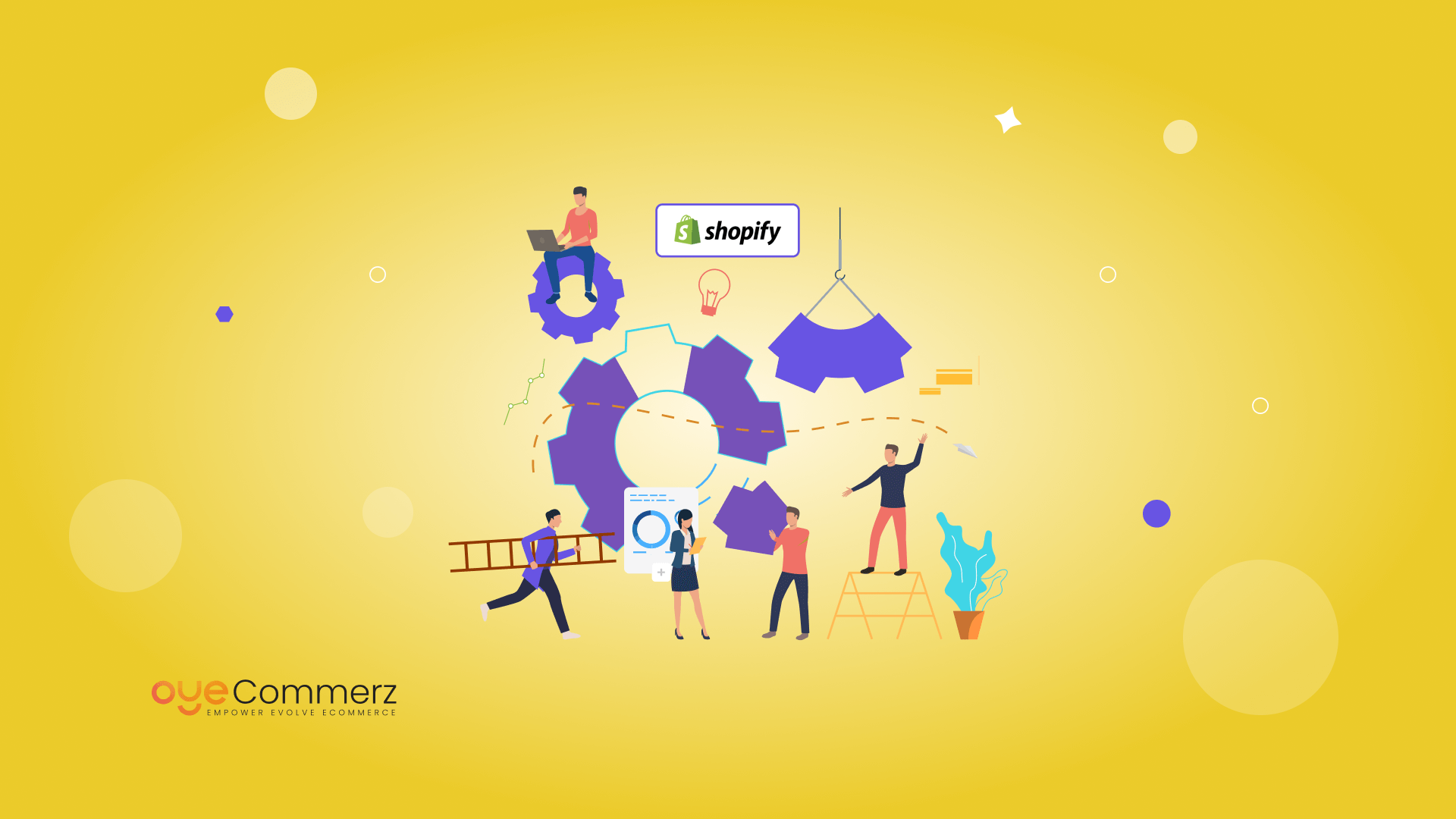Introduction
In today’s cutthroat e-commerce landscape, differentiating is essential, and a top method to differentiate a Shopify store is through tailored app development. A robust Shopify app can enhance store capabilities, streamline operations, and boost customer engagement. This guide delves into key elements of Shopify app development, from API integration to growth techniques and promotion methods, offering a roadmap for companies seeking superior store performance.
Why Shopify API Integration Matters
Shopify’s API provides powerful tools to personalize and extend store capabilities. With the GraphQL and REST API options, developers can access data to create apps that handle inventory control, order processing, and customer information management seamlessly. Using Shopify’s API can lead to better workflow automation and allows stores to assist shoppers more efficiently.
Utilizing the Polaris Design System
Shopify’s Polaris is Shopify's design system for creating intuitive and accessible Shopify apps. By following Polaris principles, developers ensure that apps seamlessly integrate within the Shopify Admin experience. This provides a cohesive appearance that resonates with Shopify merchants, promoting usability and familiarity for merchants utilizing your tailored app.
Understanding the Shopify App Ecosystem
The Shopify app ecosystem provides numerous opportunities for improving online stores. From managing fulfillment processes to increasing customer engagement, apps in this ecosystem are designed to meet various business needs. Familiarizing with this system helps developers in identifying unique app ideas and enables smooth connections of third-party services that add value to the store.
Developing Embedded Shopify Apps
Embedded apps work seamlessly within the Shopify Admin, allowing a seamless experience for merchants. They ensure Node.js and React for better Shopify apps that merchants don’t have to leave their Shopify dashboard, streamlining their workflow. Employing Shopify App Bridge and embedded app features is recommended for providing a cohesive, integrated user experience.
Using Node.js and React for Shopify Apps
Node.js and React have emerged as ideal tools for Shopify app development. This server-side framework enables efficient back-end services, while React enables dynamic, responsive front-end design. Combined, they offer an strong platform for creating speedy, growth-ready Shopify apps that improve store functionality and customer engagement.
Webhooks in Shopify Apps
Webhooks allow real-time data synchronization between Shopify and an external app. They trigger events such as new orders or stock changes and provide immediate alerts to your app. By utilizing webhooks, apps can deliver real-time insights for store owners, simplifying processes and increasing efficiency.
Customer Engagement and Digital Marketing for Shopify Apps
To ensure Shopify app success, engaging customers is crucial. Using digital marketing strategies like SEO, email marketing, and social outreach can increase app usage. Additionally, designing apps with customer interaction as a focus (e.g., loyalty programs or personalized suggestions) increases user retention and satisfaction.
Scaling Your Shopify App
As e-commerce businesses grow, so do their technology requirements. Ensuring that your app can scale to handle increased traffic, larger data sets, and more advanced functionalities is essential. By optimizing server capacity and implementing scalable technologies, you can develop apps that expand Building efficient Shopify apps in tandem with a store’s growth.
Essential Features and Maintenance for Shopify Apps
For an app to be effective, it should include key capabilities like user login, dashboard analytics, and support channels. Ongoing app upkeep, with updates to fix bugs and compatibility checks with new Shopify features, is vital to ensure uninterrupted performance and prevent disruptions to business processes.
Conclusion
Custom Shopify app development holds vast potential for e-commerce businesses, offering the ability to improve performance, streamline processes, and foster customer loyalty. With API integrations and Node.js to ensuring scalability and customer engagement, building a Shopify app involves careful planning and well-planned actions. If you’re prepared to unlock your store’s full potential, a custom Shopify app may be the ideal choice. What capabilities do you see for your dream application? Share your thoughts and take the first step toward an enhanced e-commerce experience!
